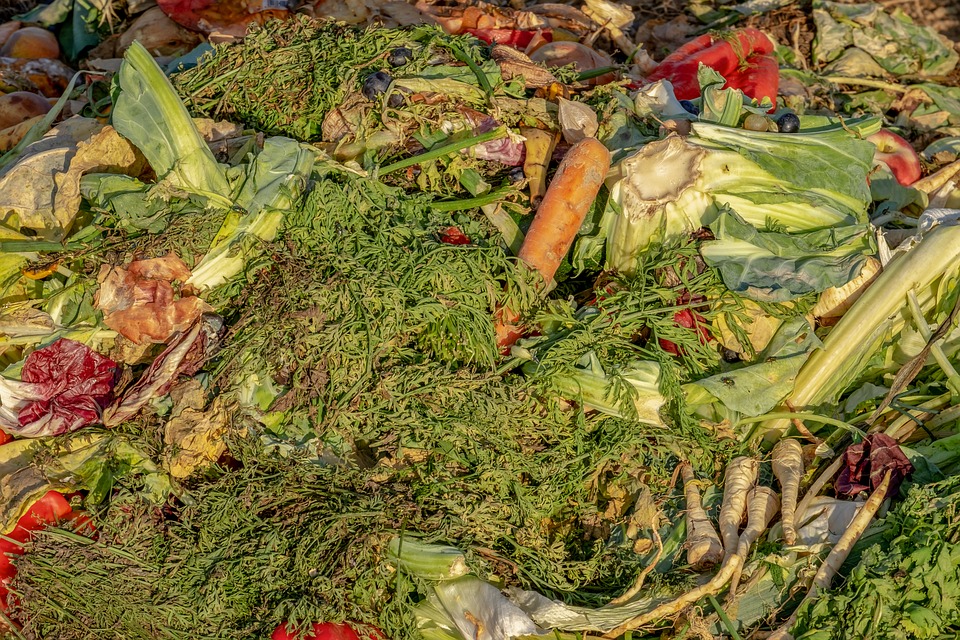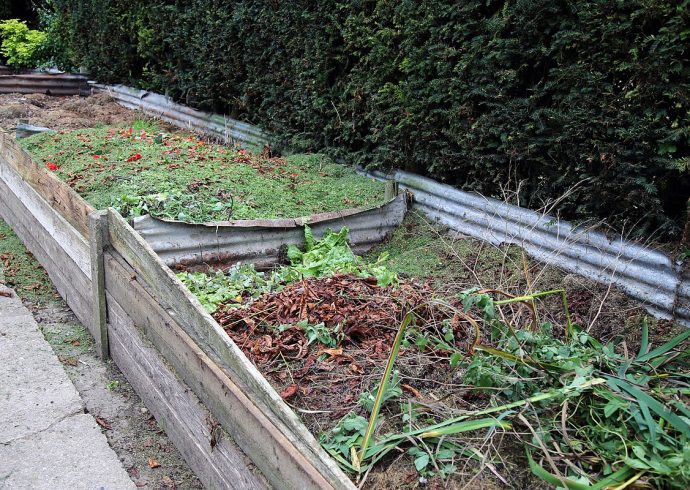
The Best Vegetable Waste to Compost
Every flower and vegetable garden benefits from compost, which helps provides nutrients for plants in soil that has been near depleted of its natural minerals. Many people like to make their own compost, which is quite easy, using basics like grass, leaves, newspaper, and sawdust. A good compost mix will have a combination of carbon and nitrogen. More carbon than nitrogen is desirable in the compost, and the best way to tell if the mix has this proportion is to smell it: carbon based mater gives off a more pleasant smell than nitrogen based materials do. Eggshells are also commonly added to compost, but are neutral and a convenient way to recycle them into the earth.
Vegetable waste is any part of the vegetable not used in cooking or salad preparation. This is understood to be parts like vegetable peelings, parts of raw vegetables not used, plus fruit peelings. These can be set aside and saved to be added to the compost heap once you have a bag or container full of the vegetable waste. The best way to save the waste is in a plastic bag placed in a small trash can – not your regular trash can that you might keep under your kitchen sink, but a separate, smaller can that be kept in the same place. That way, when your container is full, it can simply be dumped onto the compost pile and mixed in.
For vegetables, artichoke leaves, cauliflower leaves, carrot peelings, potato peelings, celery leaves, pea shells, radish greens, onion skins, rotten tomatoes, and beet greens make for the best waste for adding to compost. Lettuce than is past its expiration date can be added to the pile, too. These will all help contribute to the nitrogen component in your compost heap.
Once the vegetable waste is added to the compost heap, it should be mixed in with the existing materials. Since vegetables make up the “green matter” in compost, the “brown matter” is made up of dried grass, leaves, cardboard, paper, and bark. Only when the two different types of matter are mixed well in the right proportions is when the compost will properly work with the existing soil for your garden to grow well. Each time you accumulate more vegetable waste, dump it onto the compost pile and mix well. This is also healthier for the environment, too.
Image Credit: Couleur, courtesy of Pixabay


